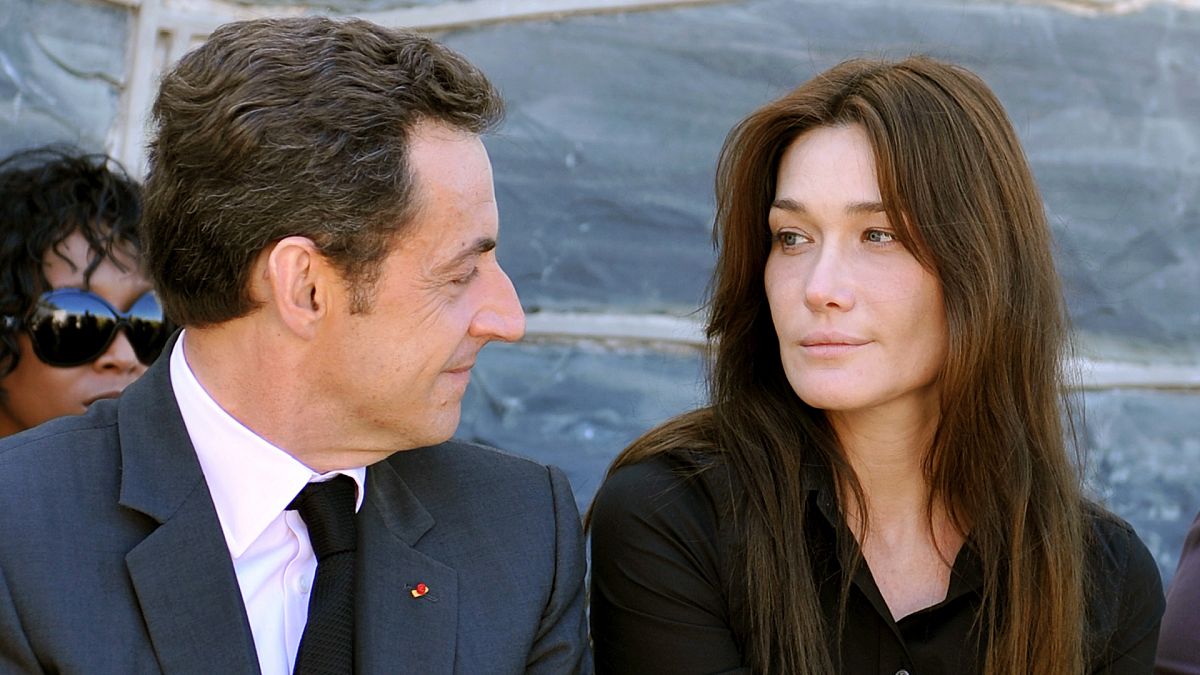Carla Bruni-Sarkozy was recently charged with witness tampering in connection with her husband Nicolas Sarkozy’s campaign finance scandal involving funds from the regime of former Libyan President Moammar Gaddafi. Despite being released on bail with contact restrictions, excluding her husband, Bruni-Sarkozy provided clarifications during her interrogation. The charges against her include witness tampering and participation in a criminal association, as part of efforts to deceive magistrates investigating Sarkozy for allegedly receiving illegal funds during his 2007 presidential election campaign.
The witness central to the accusations against Sarkozy is Ziad Takieddine, who has accused the former president of receiving millions in illegal payments from the Libyan regime. Bruni-Sarkozy’s lawyer did not comment on the charges, but after her questioning by police in May, her legal team mentioned that she provided useful clarifications and explanations to the authorities. This development adds to the legal troubles faced by Nicolas Sarkozy, who served as president of France from 2007 to 2012 and has recently been convicted in two other legal cases.
In February, an appeals court in Paris upheld a guilty verdict against Sarkozy for illegal campaign financing in his failed 2012 re-election bid. He was sentenced to a year in prison, with six months suspended. Despite the conviction, Sarkozy’s lawyers have filed an appeal to the Court of Cassation, the highest court in France, which allows him to avoid imprisonment during the appeals process. Additionally, Sarkozy was found guilty of corruption and influence peddling in a separate case in 2021, making him the first former French president in modern history to be convicted and sentenced to prison for actions taken during his term.
Sarkozy, now 69, announced his retirement from active politics in 2017, but his legal battles continue to haunt him. The allegations of receiving illegal funds from the Gaddafi regime during his presidential campaign have resurfaced with the recent charges against his wife, Carla Bruni-Sarkozy, for witness tampering. While both individuals have denied any wrongdoing, the ongoing legal proceedings have cast a shadow over Sarkozy’s political legacy and personal reputation.
As the investigation unfolds, the involvement of key witnesses like Ziad Takieddine and the legal maneuvering by Sarkozy’s legal team will play a crucial role in determining the outcome of the case. The French judicial system’s handling of high-profile corruption cases involving political figures will also be closely scrutinized, especially given the historical significance of prosecuting a former president for criminal activities while in office. The legal saga surrounding Nicolas Sarkozy and his alleged ties to illicit campaign financing from foreign entities continues to capture national and international attention, highlighting the complexities of navigating the intersection of politics, law, and personal accountability in a democratic society.











